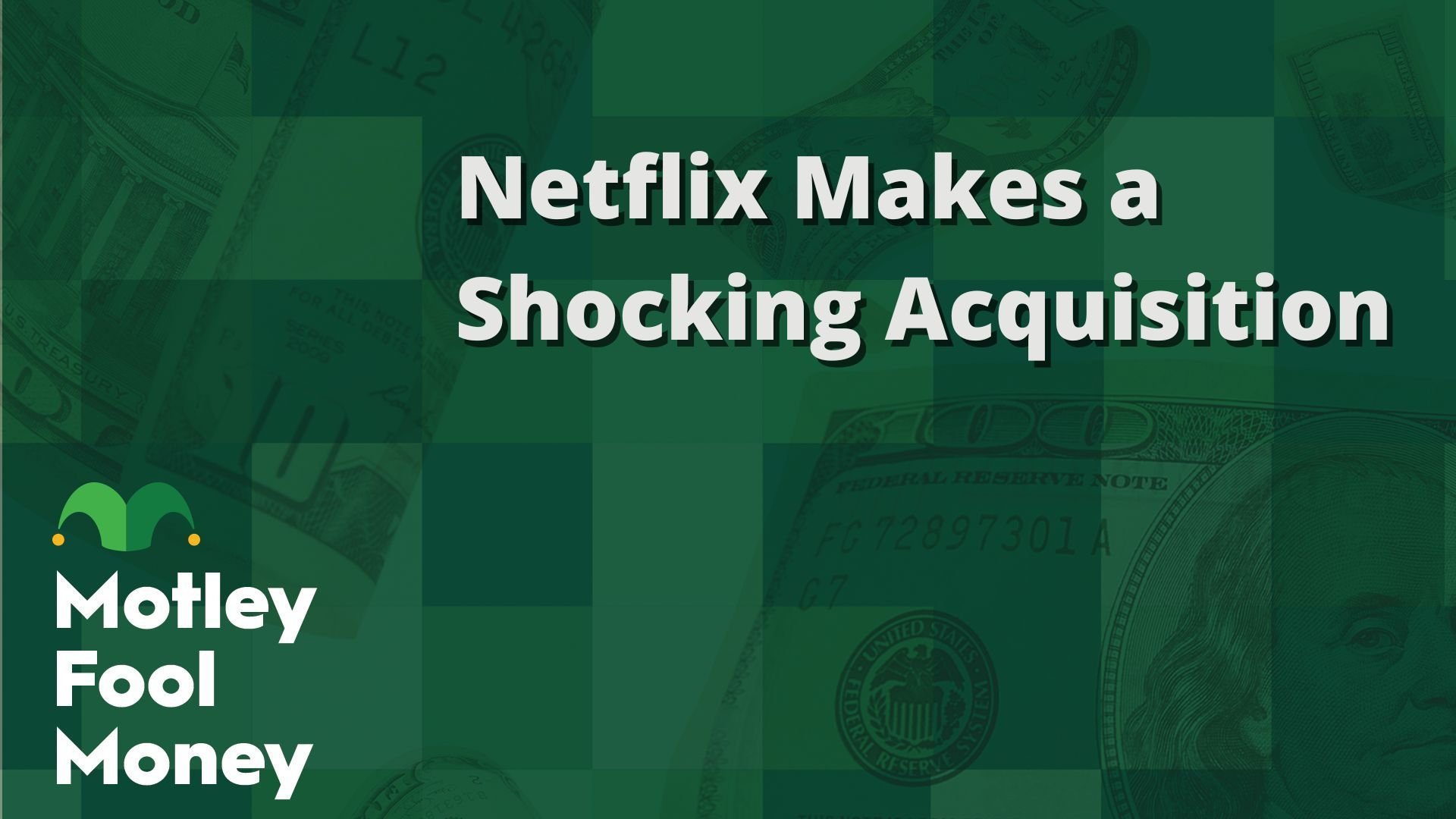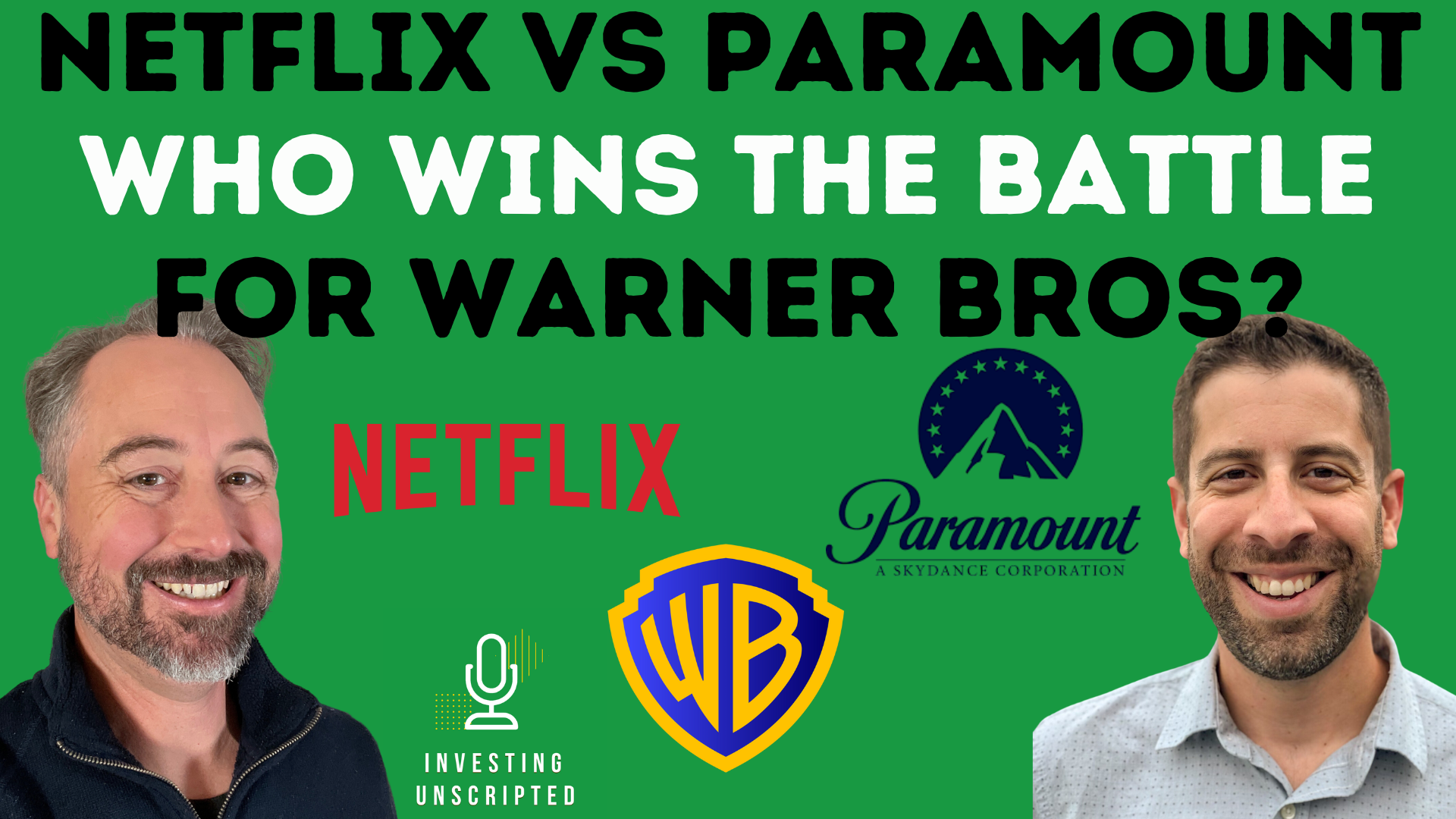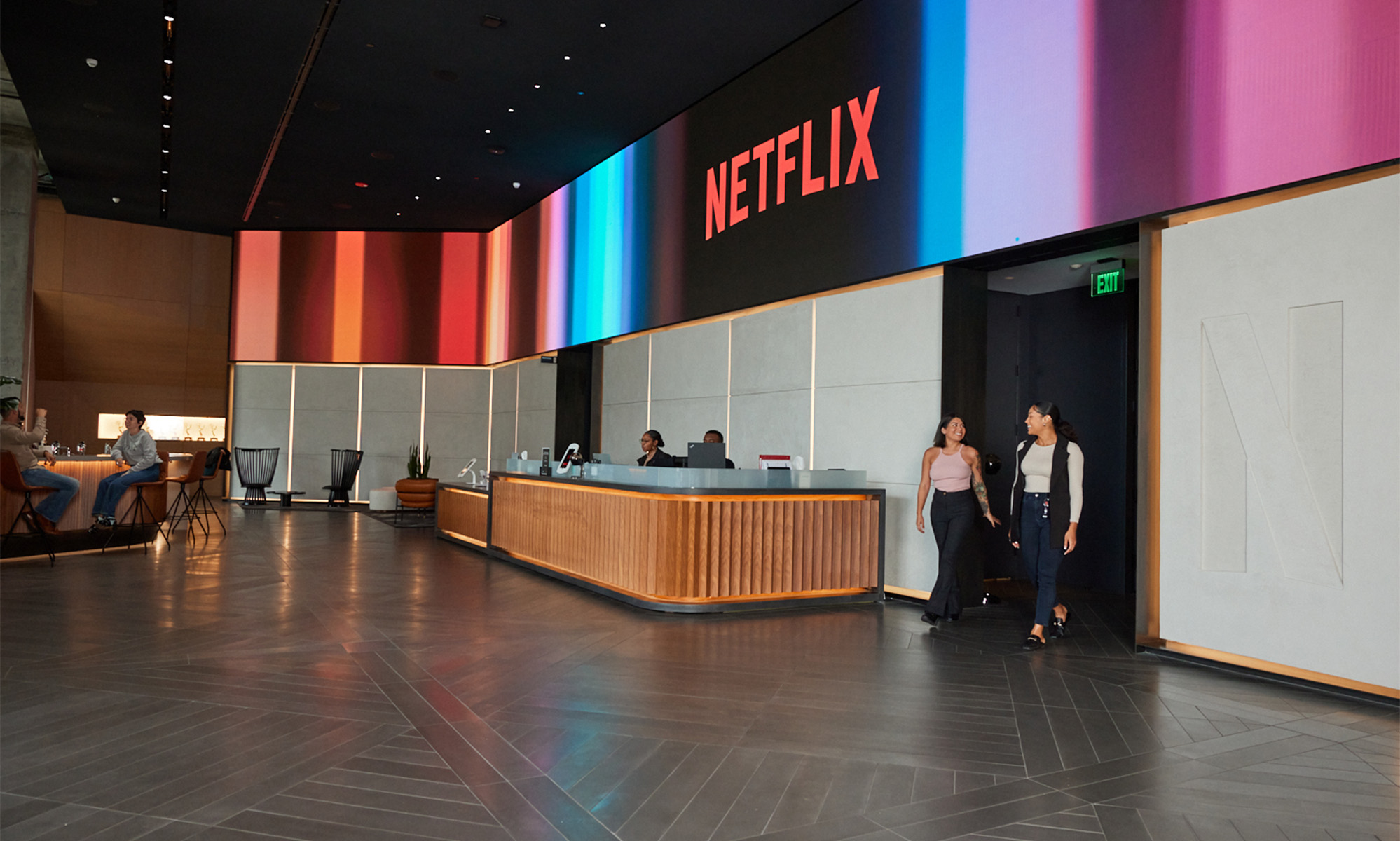Netflix (NFLX +1.17%) has never been shy about calling out Internet service providers for slow speeds. But if Verizon's (VZ +1.67%) fresh threat of legal action is any indication, this time the streaming video specialist may have gone too far.
It all started on Tuesday when Vox Media's Yuri Victor tweeted a screenshot of a particularly passive-aggressive Netflix message regarding Verizon's "crowded" network:

Source: Yuri Victor/Twitter.
And this occurred despite Netflix agreeing in late April to pay Verizon interconnection fees to speed up performance for frustrated Netflix customers using Verizon's network. Netflix insisted the new message wasn't specific to just Verizon customers, but things snowballed from there as a Verizon rep panned it as a "PR stunt [which] seems misleading and could confuse people."
Netflix went on to confirm that it is "testing ways to let consumers know how their Netflix experience is being affected by congestion on their broadband provider's network." After all, if Netflix knows the source of the bottleneck isn't internal, why not let customers know who's really to blame?
About that...
This past Thursday, Verizon served Netflix with a cease-and-desist letter calling for it to stop displaying the "deceptive" messages or face legal action. Further, Verizon requested Netflix send a list of all customers who have received the messages within five days.
Verizon public policy chief Randal Milch elaborated in the letter:
As Netflix knows, there are many different factors that can affect traffic on the Internet, including choices by Netflix in how to connect to its customers and deliver content to them, interconnection between multiple networks, and consumer in-home issues such as in-home wiring, Wi-Fi, and device settings and capabilities."
A Netflix spokesman quickly shot back:
This is about consumers not getting what they paid for from their broadband provider. We are trying to provide more transparency, just like we do with the ISP Speed Index, and Verizon is trying to shut down that discussion.
Of course, Netflix is arguing that, regardless of its source or content, Internet traffic shouldn't receive disparate speeds or preferential treatment -- not an entirely selfless proposition, mind you, considering it accounted for an incredible 34% of all fixed-line Internet traffic in North America during the first half of 2014.
Unsurprisingly, Verizon's letter places the onus of satisfactory streaming performance on Netflix, saying it could just as easily "directly connect to every broadband network in America should it choose to do so." Instead, it points out, "Netflix relies on a panoply of content-distribution and other middle-man networks to reach its customers, trying to lower its costs as much as possible."
Frenemies forever?
So will Netflix cave to Verizon's demands? Maybe. It is just one line of text in the buffering message, after all, and Netflix could save both companies plenty of time and money over the short term with just a few key strokes. And this is -- or should be, anyway -- a mutually beneficial situation. Netflix needs Verizon to help it deliver its content to consumers, and Verizon certainly wouldn't be doing itself any favors by completely shunning the video streaming king.
But that short-term mentality isn't what Netflix is after right now. In fact, keeping in mind most consumers are likely to side with Netflix, I think Verizon just gave Netflix exactly what it was looking for: A very public dialog at the forefront of today's discussions surrounding net neutrality. If Netflix can use this dialog to sway public sentiment even further to its own benefit, this simple error message may have significant positive repercussions for the company over the long term.






